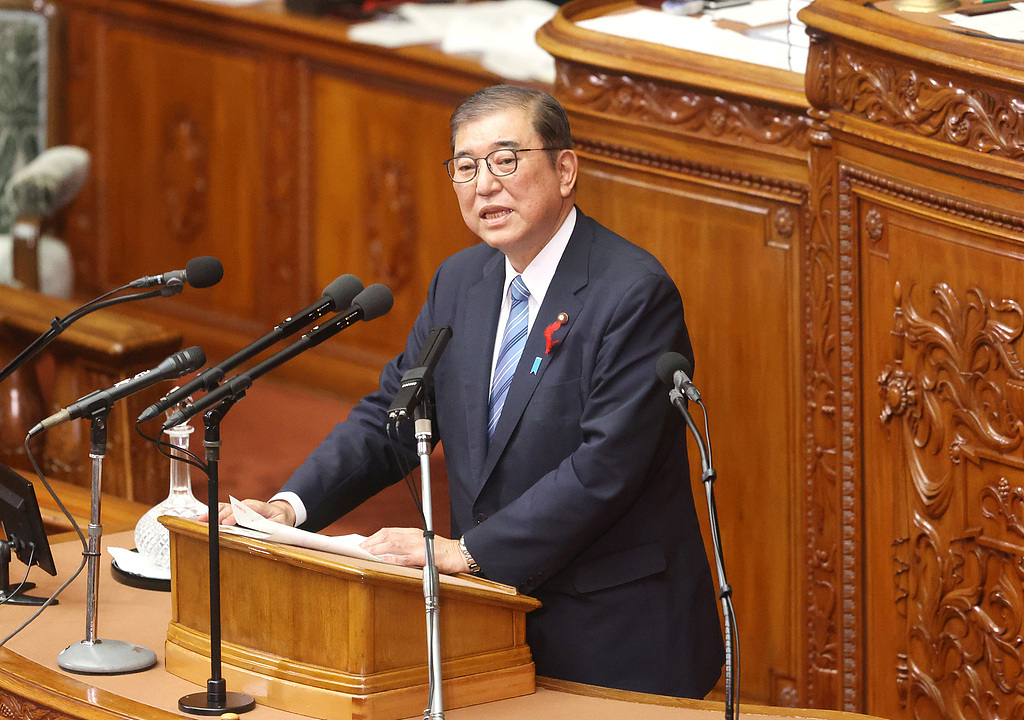Japanese Prime Minister Shigeru Ishiguro will dissolve the Lower House of Parliament on the 9th to hold a general election, just 8 days after he took office as Japan’s prime minister, which will set the”Fastest record” after the Second World War. The Yomiuri Shimbun reported that former Prime Minister Fumio Kishida, who dissolved the lower house of Parliament 10 days after taking office in October 2021, would break that record.

Japanese Prime Minister Shigeru Ishiguro attends a 2024 session of the Lower House of Parliament in Tokyo October 7,2010. Visual China
“This is an ‘ultra-early’ dissolution,” the Jiji Press said Monday, citing scandals such as the “Black gold politics” and the “Unification Church” that have plagued the LDP. The new cabinet is often ushered in the beginning of a”Honeymoon period”, easy to obtain high support rate. The Japanese economic news believes that the early dissolution of the Lower House of Parliament to hold a general election at a time when the Liberal Democratic Party has a high support rate is not only beneficial to the liberal democratic party itself, but also helps to enhance the centripetal force of Shigeru, it was one of the few opportunities presented to the regime. Elections to the lower house of the diet are held every four years and the current term of members of the lower house expires in October next year. Under Japanese law, the Prime Minister has the power to dissolve the lower house of Parliament early.
“Japan Economic News” comments that the new cabinet should be established for domestic and foreign issues such as extensive discussion. Disbanding the House of Representatives after just 8 days will undoubtedly prevent the two parties from discussing policy in depth, and should at least give the parties time to fully clarify their positions. At present, the new government to consolidate wage growth, economic development and other issues of the”Prescription” is not clear enough, in-depth discussion of policy momentum is not strong enough. The new regime should not shy away from the difficulties of getting economic recovery on track and defending Japan’s national interests in a turbulent world.
A Jiji Press analysis of the 465-seat lower house said the biggest concern was whether the ruling coalition could maintain a majority of its seats, or 233. To run parliament, 244 seats are considered a”Safe majority,” and 261 seats guarantee an”Absolute safe majority.”. Conversely, failure to secure a majority of seats makes it difficult to legislate and requires seeking alliances with other political parties.